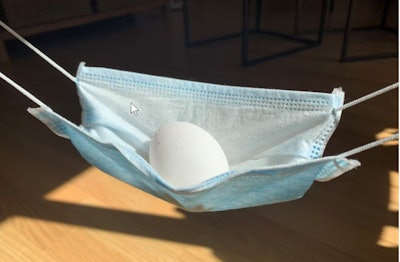
Throughout the world the market economy is defended through and through, but when more money is spent while purchasing everyday goods, the consumer no longer likes it.
It has been repeated to exhaustion that we live in an unprecedented situation, which has distorted everything. Everything! And people want things to stay the same? I know that many jobs have been lost and more will be lost, but our system allows this rise and fall of prices to self-regulate.
Let's also analyze what the consumer has done. First, the state of alert started and everyone stampeded to the supermarkets and monopolized all sorts of products, from toilet paper and flour, and from to pasta and eggs. When people do that, prices cannot stay the same. It is simple as that.
There are consumers who say that they are spending more now, and that prices have therefore increased. But, if we no longer go to restaurants, that food is now consumed at home. Then, sometimes just for the sake of going out, we go to the supermarket for a tomato, and incidentally we bring a bucket of ice cream, potato chips, disinfectants and God knows what else. So, obviously, we spend more.
Shopping habits have changed. We do not buy the same brands or even products. The shopping mix is different. At the beginning of pandemic, we bought rather basic products, but over time, we have bought “indulgence products,” like that bucket of ice cream I was talking about. Are you really surprised we are spending more in the supermarket?
The consumer loses sight that the producer has also had to assume higher costs for COVID-19, to acquire personal protective equipment or to adapt to new hygienic-sanitary requirements.
As I have mentioned some other times, farmers have provided, in the course of this crisis, the supply of quality and quantity food needed, so that people can eat during lock down. Let's not forget that.
Perhaps, egg prices increased in many countries, because we bought more than we needed (among other reasons). Once the frenzy is over, prices return to normal. The only thing that is unforgivable is speculation, which often comes from merchants, as has happened with eggs in many Latin American countries. In this case, there must be control. Even if it is for a humane reason.
What do you think?
View our continuing coverage of the coronavirus/COVID-19 pandemic.


















